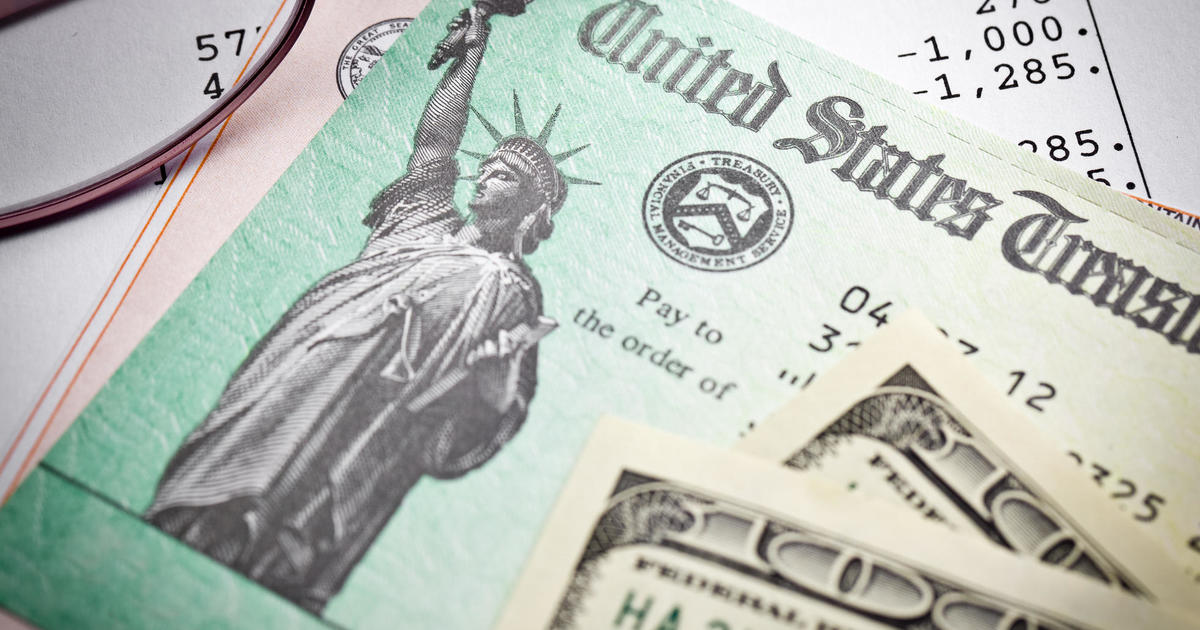With Tax Pieces In Play, It's Capitol Deal-Making Season
ST. PAUL, Minn. (AP) -- It's crunch time at the Capitol, and millions of Minnesota residents' wallets are on the line.
Taxes are center stage at the Legislature this year after President Donald Trump and Congress passed a major tax overhaul. Lawmakers in Minnesota and other high-tax states are under pressure to come up with a plan to counteract incidental tax increases and avert a nightmarish tax filing season next year.
The House and Senate passed their bills this week, while Dayton unveiled his own proposal in March.
But now the real legislative work begins — the bargaining. Dayton and Republican legislative leaders have just two weeks to make a deal between their markedly different plans before the Legislature adjourns.
Here's a look at each plan:
GOV. MARK DAYTON'S PLAN
WHO WINS
The Democratic governor's proposal would redirect much of the new revenue to a pair of tax credits, giving $117 on average to 2 million families and $160 on average to lower-income families by expanding a separate credit for working families. Like all three plans, Dayton would also protect some popular tax deductions like those for property taxes, student loan debt and more.
WHO LOSES
Smokers, wealthy estate owners, and some businesses would see higher taxes.
By focusing on individual taxpayers, businesses would feel the brunt of a new state and federal tax on companies who repatriate income that had been stashed overseas. Dayton is also taking aim at several tax cuts he signed into law just last year, including a tax exemption on wealthy estates of up to $2 million and tax breaks on tobacco products.
Republicans also say millions of Minnesotans would feel the burn of the governor's push to extend a tax on health care providers that will expire in 2020, though Dayton's administration says that's not fair because the tax is currently in place.
BARGAINING POSITION
Dayton says he won't start negotiating with legislative leaders until the House and Senate reconcile the differences between their own plans.
Despite calling it necessary to continue funding public health care programs for poor residents, Dayton has already conceded that his push to extend the provider tax is a non-starter with a Republican Legislature.
QUOTABLE
"I'm doing what I think is right for Minnesota now and in the years ahead. I have no doubt in my mind that's right for Minnesota," Dayton said.
SENATE PLAN
WHO WINS
Nearly all taxpayers would get a small benefit due to a cut in the state's lowest income bracket, though an analysis shows that wealthier earners would see far larger savings, on average. The Senate proposal would drop the tax rate from 5.35 percent to 5.1 percent on the first $26,000 of a single taxpayer's income.
And that could increase, as the Senate's bill would also trigger future income tax rate cuts when the state budget is projecting a surplus.
The bill also contains a windfall for wealthy estate owners because it expands the estate tax exemption that Dayton dislikes, removing estates of up to $5 million from the state tax rolls.
WHO LOSES
A nonpartisan Senate analysis found that 0.1 percent of Minnesota taxpayers would wind up paying higher taxes, due in part to the expiration of some tax deductions. That includes deductions for alimony expenses and some residents who ride their bicycles to work.
BARGAINING POSITIONS
Dayton signaled some willingness to consider the Senate's immediate income tax cut proposal, but he's blasted the automatic cuts as irresponsible budgeting. Since the governor wants to scrap the estate tax exemption while the Senate wants to expand it, those positions could cancel each other out.
QUOTABLE
"The federal government changed, and we have got to adapt to it," Senate Majority Leader Paul Gazelka said moments before voting on the Senate bill. "How do we do that in a way that's simple and minimizes the number of taxpayers that are going to be impacted?"
HOUSE PLAN
WHO WINS
The House bill takes a similar route to reduce income tax rates as the Senate but aims at higher earners. People making between $26,000 to $85,000 a year would eventually see their tax rates lowered from 7.05 percent to 6.75 percent. Businesses would also get a tax cut through a drop in the corporate tax rate.
WHO LOSES
Minnesotans hit with big bills from medical emergencies or disasters at home who aren't covered by insurance will pay more. The bill doesn't maintain a deduction for those taxpayers, so an estimated 148,000 residents may pay higher taxes.
BARGAINING POSITIONS
While Dayton isn't running for re-election and the state Senate isn't on the ballot until 2020, election-year politics are in full swing in the House. House Speaker Kurt Daudt and fellow Republicans have spent weeks bashing Dayton's plan as a massive tax increase, and the House may be toughest to get on board with a final deal.
QUOTABLE
"This isn't a matter of: 'Should we do a bill?'" House Tax Committee Chair Rep. Greg Davids said, making clear lawmakers feel a tax bill is a necessity this year.
(© Copyright 2018 The Associated Press. All Rights Reserved. This material may not be published, broadcast, rewritten or redistributed.)



